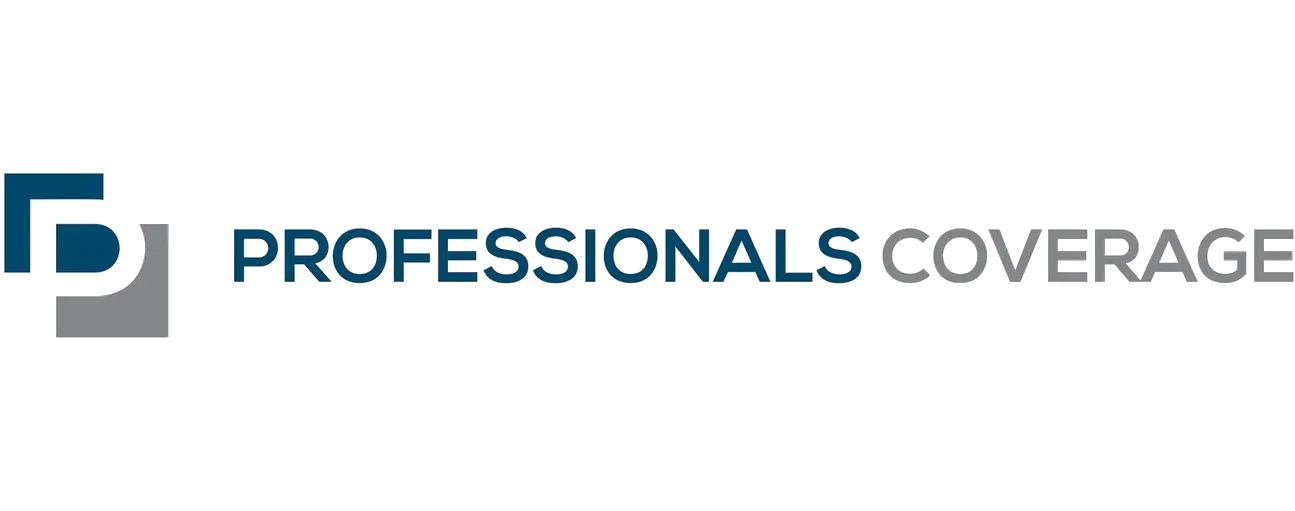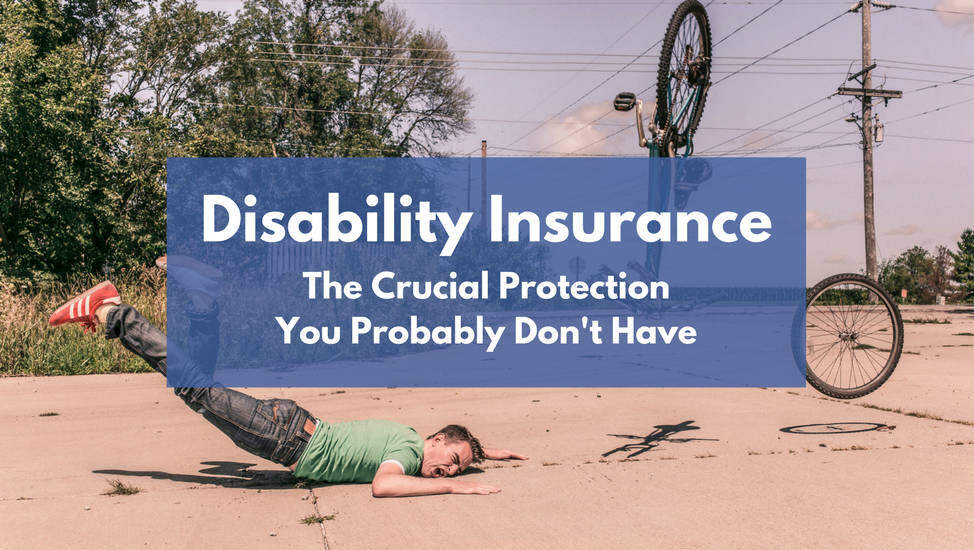Many insurance experts describe company-sponsored and private disability insurance as “insurance coverage for worker’s paychecks.” This could be no further from the truth, as disability insurance replaces the paycheck when a part or full-time worker, and self-employed worker is injured on the job. Instead of receiving your weekly or bi-weekly paycheck, you are paid disability benefits from your or your employer’s insurer. However, this rule only applies to insured workers.
These unfortunate workers who are injured in the workplace will not have their regular paychecks replaced. In these cases, injured workers did not have a financial backup plan. So, they are at a high risk of losing many of their precious assets.
Disability Insurance Coverage
Before enrolling in your employer’s disability insurance plan, you need to become familiar with the coverage options. Unfortunately, employer-sponsored insurance plans are not customizable. In these cases, employees take what they can get, which is generally a basic disability plan. Private disability plans are customizable to fit your insurance needs and preferences to a tee.
- Lost Income – As mentioned above, disability insurance replaces the injured worker’s paycheck. However, the benefits will vary from one employer to another. Some employer-sponsored plans may only cover 40% of the injured worker’s gross income while others offer slightly more coverage. It is rare to find an employer-sponsored disability plan that covers more than 60% of an injured worker’s gross income.
- Short-Term – Short-term disability insurance is exactly what its name entails. The coverage period for the short-term plan will vary between a few weeks and months, but rarely more than three years.
- Long-Term – Long-term disability insurance offers coverage for at least one decade (10 years). Again, these policies vary from employer to employer and employer to private insurer. Workers of high-risk jobs should always opt for an extended coverage period. This also goes for workers under the age of 50. The younger the worker and the more severe the injury, the longer the coverage period. Keep this in mind when obtaining disability insurance coverage through a private insurer.
- Partial – Partial disability plans cover injured workers who are cleared to return to a part-time, less tedious job position than prior to their injuries. In this case, injured workers receive partial disability benefits, as opposed to full benefits. The partial payments replace only part of the wages lost due to the worker’s injuries.
- Rehabilitation – Disability insurance generally offers coverage for rehabilitation that is most often comprised of outpatient physical therapy.
- Total Disability – After months of rehabilitation, your doctor determines you are unable to return to work, long-term disability will cover up to 70% of your gross income. The duration of benefits in this case may continue until the disabled worker qualifies for retirement or government-paid disability benefits.
Covering Your Expenses With Disability Insurance
Do you know how much money you spend day to day? Are you spending what is necessary or more? This is something you’ll need to figure out rather quickly when deciding on the type, length, and amount of disability insurance that you’re going to need. Every individual has financial obligations, although they may vary. Mortgage, rent, student loans, gas, medical bills, allowances, amenities, and tons more, these are all everyday expenses. Failing to pay these expenses or not paying them on time can have negative results. It can be as simple as hurting your credit score to being as complicated as causing you to get evicted and ending up on the streets with nothing.
This is why it is pertinent to make sure that you can cover these expenses. Hurting your credit score might sound small and simple, but it isn’t either. It can take seven years or more to rectify a single missed payment. Whatever the situation, you’ll want to make sure that you have all your expenses covered. Leave no stone unturned! Cover everything from your kid’s expenses to your expenses, as they will factor in.
A Quick Rundown
Becoming disabled and unable to work will be a major burden for you and your family. Couple that with the stress of putting your finances on someone else in the family, and you’re only going to become a burden to those you love the most. What if there is no one else and you are the only provider? You’ll not only be doing yourself an injustice, but you’ll be doing you’ll family an injustice. This is exactly where disability insurance provides the protection and relief that you seek. Think of it as income replacement, although it might entirely replace all your wages. This is not to say that it can’t. This is just to say that most people don’t take this approach.
Whatever the situation is, when you’re not receiving a paycheck, you’re going to need money coming in from somewhere. With disability insurance, it’ll likely be either coming in from your employer or your employer’s insurance provider. This is simply referred to as benefit, while the dollar amount that you receive is referred to as coverage. The amount of coverage is just as important as having the benefit itself, and the amount of coverage needed can vary from family to family, depending on your current financial obligations.
That being said, the benefits you’ll receive will likely be based on your actual wages. Some providers are willing to compensate you for as much as 60 to 70 percent of what you are currently earning. That’s not bad at all when you think about it, although it’s not the full 100 percent. In Canada for coverage like this, you can expect to pay anywhere from 1 to 3 percent of your annual salary in premiums. Keep in mind, you always do have the option of raising or lowering your premiums by raising or lowering the benefits that you’ll receive.
There will be other factors that will need to be considered as well like the length that you’ll need the coverage for. Unfortunately, this is something that can affect the cost as well, which makes estimating the cost even that much more difficult. As a good rule of thumb, most people shoot to get enough coverage that will cover their bills and loans, as well as what they need to live off of. Couple this with the fact that you’ll want enough funds to cover you in the event that you do actually lose your job, and you’ll have a good idea of how much coverage you need and for how long you need it. Sounds simple enough, right? In theory, it is, but on paper, it gets much more complicated as you’ll see.
How Much Disability Insurance Is Adequate?
The possibility of becoming disabled on the job is real. While this is true for individuals who work in office environments, it is even more possible for people who work strenuous and super-stressful jobs. Remember disability could be mental just as much as it could be physical. This is why it is always important to have the thought in the back of your mind with the proper amount of coverage in place, just in the event, but how much is enough? How do you know where you are wasting your money or overspending? The truth is, you can never overspend with disability insurance, but as long as you have enough coverage to pay your bills, loan expenses, and living costs, you’ll do just fine. Doesn’t sound like a lot does it? It’ll add up!
Contact Us – Questions About Disability Insurance!
Disability insurance coverage is essential for all part- and full-time workers, as well as the self-employed. Workplace injuries are unfortunate for everyone involved. They can leave the impacted worker disabled and broke, which is where disability insurance comes into play. We recommend both short- and long-term disability coverage. The short-term policy will kick in within a few weeks of your claim and continue to pay out for up to three years max. This is when your long-term disability policy will kick in, providing you financial benefits until you reach retirement age or are qualified for Canadian disability benefits.
Types of Disability Insurance we offer
- Long-Term Disability Insurance (LTD)
- Short-Term Disability Insurance
- Key Person Disability Insurance
- Self Employed Disability Insurance
- Mortgage Disability Insurance
- Temporary Disability Insurance
- Supplemental Disability Insurance
Other Disability Insurance Resources that you can read
- Are Canadian Disability Insurance Premiums Tax-Deductible?
- Will My Long-Term Disability Income Be Taxable?
- Dealing With Elimination Periods For Short And Long-Term Disability Insurance
- Pregnancy And Disability Insurance
- Who Pays For Disability Insurance?
- Why Employers Offer Disability Insurance
- Maternity Leave And Disability Insurance Benefits
- How Long Do Long-Term Disability Benefits Pay?
- How Much Does Long-Term Disability Insurance Cost?
- Is Disability Insurance Worth It?
- How Much Disability Insurance Should I Get?
- What Does Disability Insurance Cover?
- What To Look For In Disability Insurance?
- Do I Need Disability Insurance After I Retire?
- Does Disability Insurance Cover Pre-Existing Conditions?
- How Does Disability Insurance Work?
- How Long Does Long Term Disability Insurance Pay?
- Is Wage Loss Insurance The Same As Short Term Disability?
- When Does Long Term Disability Insurance Start?
- Can You Buy Your Own Short Term Disability Insurance?
- Can You Get Disability Insurance If You Are Unemployed?
- Can I Buy My Own Short-Term Disability Insurance?
- Can You Get Individual Short Term Disability Insurance?
- Are Credit Cardholders Insured By Disability Insurance Plans?

